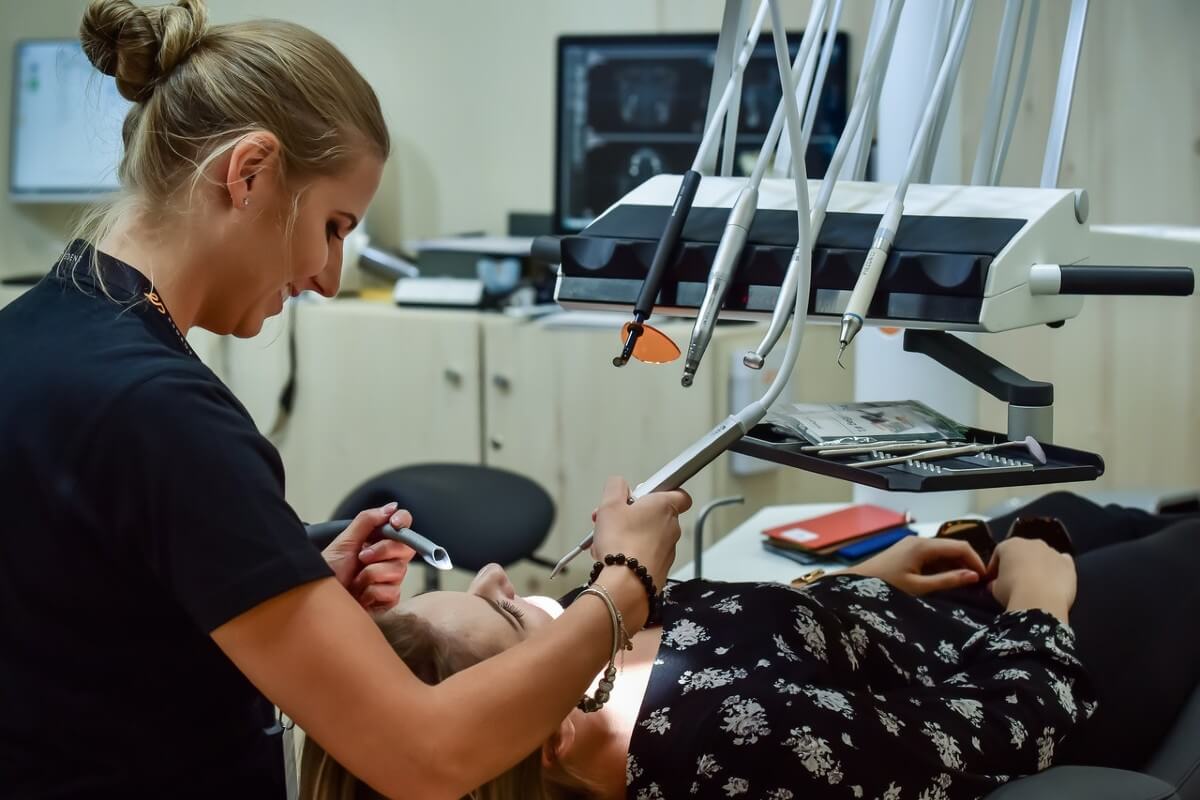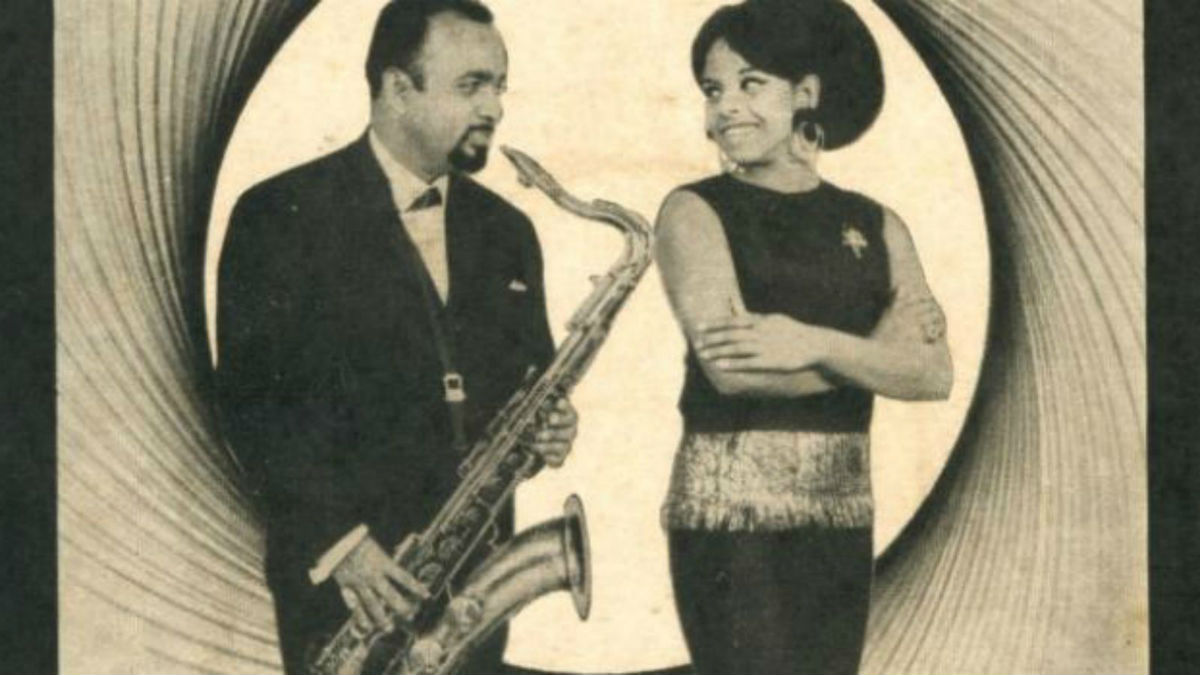When you eat or drink something cold or hot, have you ever felt the unpleasant twinge of pain on your teeth? If so, then you know what it feels like to have teeth sensitivity, but what you probably didn’t realize is that it’s one of the early signs that you may be grinding your teeth.
Bruxism (the medical term for tooth grinding) is a relatively common condition that affects a lot of adults. Since people grind subconsciously while sleeping, bruxism many times goes undetected until the signs are too painful or noticeable to overlook. Continuous grinding removes tooth enamel, which is the outermost protective layer of the tooth. If the underlying dentin layer of the tooth is exposed, hot, cold, acidic, and sticky foods activate the nerves and cells within the tooth and trigger sensitivity.
What are the causes of bruxism?
The grinding can be due to a variety of physical, psychological, and genetic factors. Stress or fear is one of the most important causes of teeth grinding. According to the Bruxism Association, smoking, drinking alcohol, caffeine, depression, and sleep disturbances are a few potential causes of dental grinding. The grinding of teeth can also be a side effect of using some pharmaceutical drugs. Having a competitive or hyperactive personality style can increase the risk of bruxism.
What are the signs and symptoms that indicate you’re a bruxer?
General sensitivity to heat, cold, and pressure is one of the first signs of teeth grinding. You may also wake up with a dull chronic headache or earache, facial tenderness, or jaw bone soreness. You may find a few of your teeth chipped or notice some broken fillings. The scratching sound of teeth grinding as well as disruption of sleep can be a warning sign of bruxism.
How to treat bruxism?
If you have tooth sensitivity, please talk to your dentist. He or she can examine your mouth and jaw for signs of bruxism, and suggest possible ways to correct the situation. Here are a few of them:
Stress or anxiety management: Learning relaxation-promoting strategies, such as meditation and yoga, listening to music can help prevent problems. Conversing with a therapist, counsellor, or trusted friend can help reduce anxiety, depression, and stress.
Mouthguards: These are custom-designed devices made by your dentist that operate by cushioning and preventing your teeth from grinding against each other when you sleep and are considered to be the treatment of choice.
Medications: Your doctor may prescribe antidepressants or anti-anxiety medications to help you cope with stress or other emotional issues that cause grinding.
Although grinding teeth can lead to teeth sensitivity and other health problems over time, the good news is that the effects of bruxism can be reduced by identifying early signs and taking measures to reduce its frequency and severity.


























